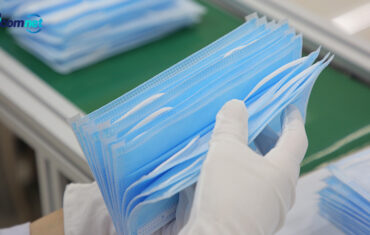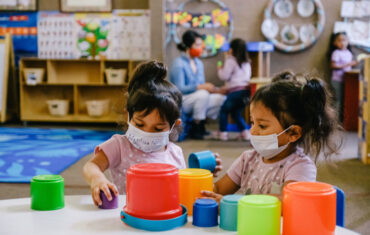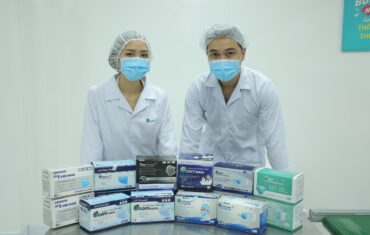Americans rushed to wear face masks, hoping they might prevent transmission of the new coronavirus. But there’s another option: The clear plastic face shield, already in use by many health care personnel. Now, face shields might replace masks as a more comfortable and more effective deterrent to COVID-19. Although there are many users of face shields, guidelines for their use vary between governmental agencies and little research is available regarding their efficacy.
Definition
Face shields come in many forms, but all form a clear plastic face covering. They are mainly deployed in health-care settings. To provide optimal protection, manufacturers design them to cover the full face. They can protect the wearer from viral spray particles. Face shields are generally cheap to produce, easier and more comfortable to wear than masks. Besides, we can reuse them indefinitely (as long as they are correctly cleaned).
The Purpose of a Face Shield
Face shields are valuable in protecting the wearer from inward inhalation of aerosol droplets that may be carrying the virus. While they offer some level of source control, since particles emitted through coughing and sneezing would be somewhat contained, they are less effective than face masks when it comes to preventing the wearer from transmitting viral droplets outwards.
With this mind, the main purpose of face shields is to protect the wearer. Their effectiveness is enhanced because they are more likely than face masks to be worn properly, and to be kept on for long periods of time. They are particularly useful. Therefore, for those who are likely to have a lot of contact with the public. This is especially the case for those in jobs where nonverbal communication using facial expressions is important, such as teaching young children.
How Effective Are Shields?
Emerging evidence that face shields reduce the exposure to and emission of respiratory droplets considerably. If you can get comfortable that face shields provide adequate protection of the respiratory tract. Then, they offer you the following benefits over a face mask:
- Cover your eyes in addition to your mouth and nose. They also cover your face so stop the prospect of a respiratory droplet landing on your face.
- Make it much harder for you to touch your face.
- They offer the potential for decontamination and reuse.
- They are endlessly reusable. Users need to clean with soap and water or common disinfectants.
- It’s easier to communicate through face shield because people can see your whole face for expressions and lip reading. Other people can see your mouth, which is critical for lipreading. It is but also helpful when you just want somebody to know that you’re smiling.
For these reasons we recommend that face shields are procured and supplied to key groups. They can be teachers, health-care workers, emergency services staff, transport workers and those working in education.






